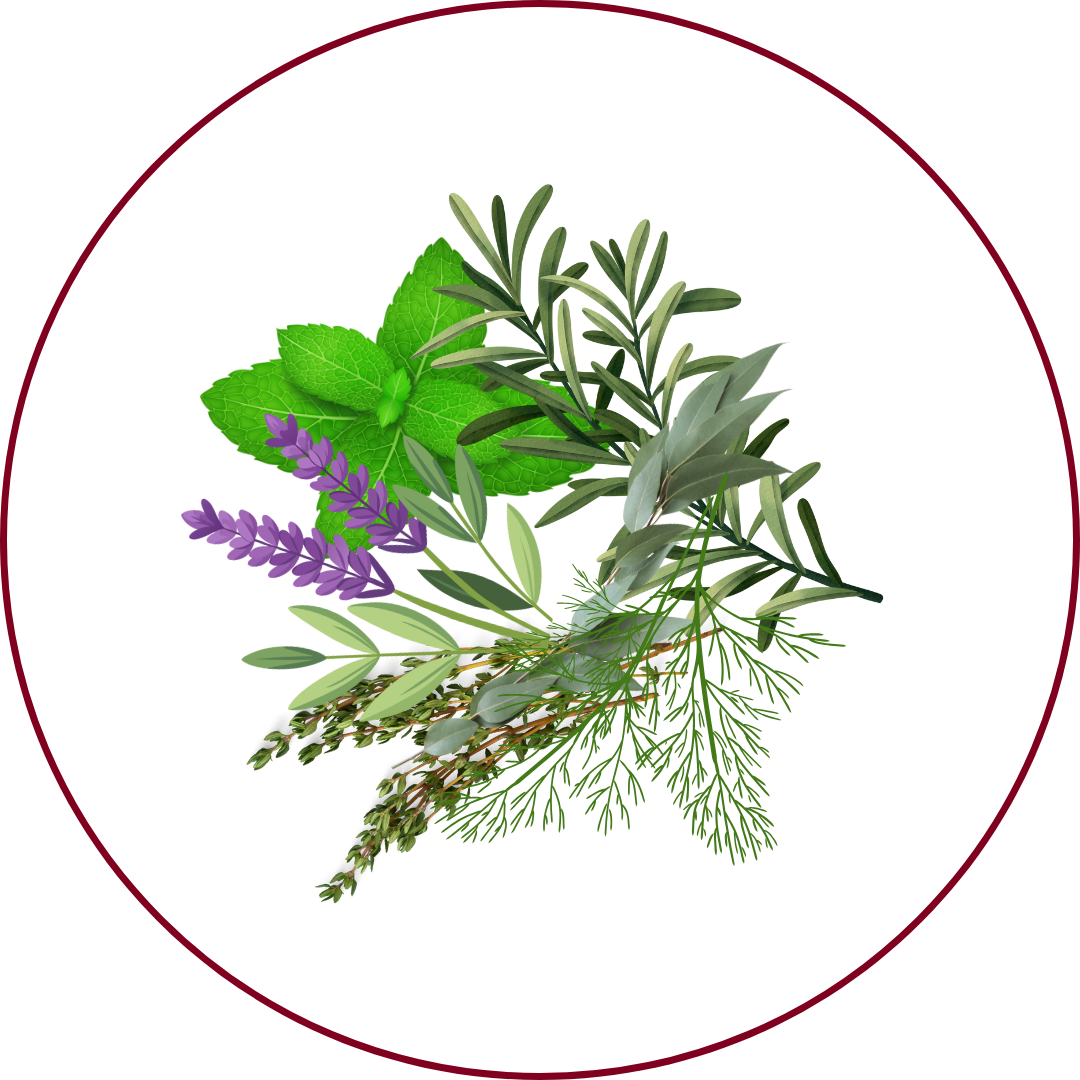Grape Variety
Silvaner
"sil-VAH-ner"
Wine Styles
 Sparkling
Sparkling Light White
Light White Full White
Full White Aromatic
Aromatic Rosé
Rosé Light Red
Light Red Medium Red
Medium Red Full Red
Full Red Dessert
DessertAbout Silvaner
Origin
Central Europe, possibly Austria
History
Silvaner, also known as Sylvaner, is a white grape variety that has been cultivated in Germany for over 350 years. It was first planted in Castell near Würzburg in 1659 and quickly gained popularity. By the early 20th century, Silvaner was Germany's most planted grape variety, covering nearly two-thirds of Rheinhessen's vineyards. However, its prominence declined over time, and today it accounts for approximately 4.3% of Germany's vineyard area. Despite this, Silvaner remains a significant variety in regions like Rheinhessen and Franconia, where it is celebrated for producing high-quality wines.
Appearance
Small to medium-sized, greenish-yellow berries forming compact clusters.
Growing Traits
Silvaner is a reasonably abundant producer that prefers average exposure to sunshine and moist soils. It ripens about two weeks earlier than Riesling and is adaptable to various soil types, including chalky soils in regions like Rheinhessen and Franconia. The vine's vigor requires careful yield management to ensure quality, as excessive yields can lead to bland wines.
Wine Characteristics
Body
3/5
Sweetness
2/5
Tannin
0/5
Acidity
3/5
Alcohol
3/5
Medium-bodied with a balanced structure, offering both freshness and subtle richness. Typically vinified dry, though off-dry and sweeter styles exist, especially in late-harvest expressions. Negligible tannin levels, as it is a white grape variety used in white wine production. Moderate acidity, providing a crisp and refreshing profile, enhancing its food-pairing versatility. Moderate alcohol content, generally ranging from 11% to 13%, depending on the winemaking style and region.
Taste Profile

Green apple

Pear

Herbal

Mineral

Citrus zest
Silvaner wines are known for their subtle and nuanced flavor profile. Common tasting notes include green apple and pear, complemented by herbal nuances and a distinct minerality, especially when grown in limestone-rich soils. Citrus zest adds a refreshing quality, and in some cases, a hint of earthiness is present. The wine's moderate acidity and clean finish make it both food-friendly and enjoyable on its own.
Food Pairing
Silvaner's versatility and moderate acidity make it an excellent companion for a variety of dishes. It pairs well with seafood, poultry, and vegetarian dishes, especially those featuring fresh herbs and light sauces. Its subtle earthy notes complement asparagus, making it a classic pairing in German cuisine. Additionally, Silvaner accompanies mild cheeses and can handle slightly spicy dishes due to its balanced profile.
Growing Regions

Germany
RheinhessenFranconiaPalatinate

France
Alsace

Austria
Lower Austria

Switzerland
Valais
Notable Wines & Producers
Würzburger Stein Silvaner
Weingut Juliusspital
Iphöfer Kronsberg Silvaner
Weingut Hans Wirsching
Escherndorfer Lump Silvaner
Weingut Horst Sauer
Silvaner FAQ
Common questions about this grape variety
What is the origin of Silvaner?
+
Central Europe, possibly Austria
Is Silvaner wine full bodied?
+
Silvaner has a body level of 3 out of 5. Which means that Silvaner is Moderate bodied.
Is Silvaner wine dry or sweet?
+
Silvaner has a dryness level of 2 out of 5. Which means that Silvaner is Semi-Dry.
Where is Silvaner wine from?
+
Central Europe, possibly Austria
Where is Silvaner grown?
+
Silvaner is grown in Germany (Rheinhessen, Franconia, Palatinate)France (Alsace)Austria (Lower Austria)Switzerland (Valais).
What is Silvaner like?
+
Silvaner wines are known for their subtle and nuanced flavor profile. Common tasting notes include green apple and pear, complemented by herbal nuances and a distinct minerality, especially when grown in limestone-rich soils. Citrus zest adds a refreshing quality, and in some cases, a hint of earthiness is present. The wine's moderate acidity and clean finish make it both food-friendly and enjoyable on its own.
What does Silvaner pair with?
+
Silvaner's versatility and moderate acidity make it an excellent companion for a variety of dishes. It pairs well with seafood, poultry, and vegetarian dishes, especially those featuring fresh herbs and light sauces. Its subtle earthy notes complement asparagus, making it a classic pairing in German cuisine. Additionally, Silvaner accompanies mild cheeses and can handle slightly spicy dishes due to its balanced profile.
What does Silvaner taste like?
+
Silvaner wines are known for their subtle and nuanced flavor profile. Common tasting notes include green apple and pear, complemented by herbal nuances and a distinct minerality, especially when grown in limestone-rich soils. Citrus zest adds a refreshing quality, and in some cases, a hint of earthiness is present. The wine's moderate acidity and clean finish make it both food-friendly and enjoyable on its own.
Take Silvaner Knowledge with You
Access detailed grape profiles, tasting notes, and pairing suggestions on your iPhone.
Download on theApp Store